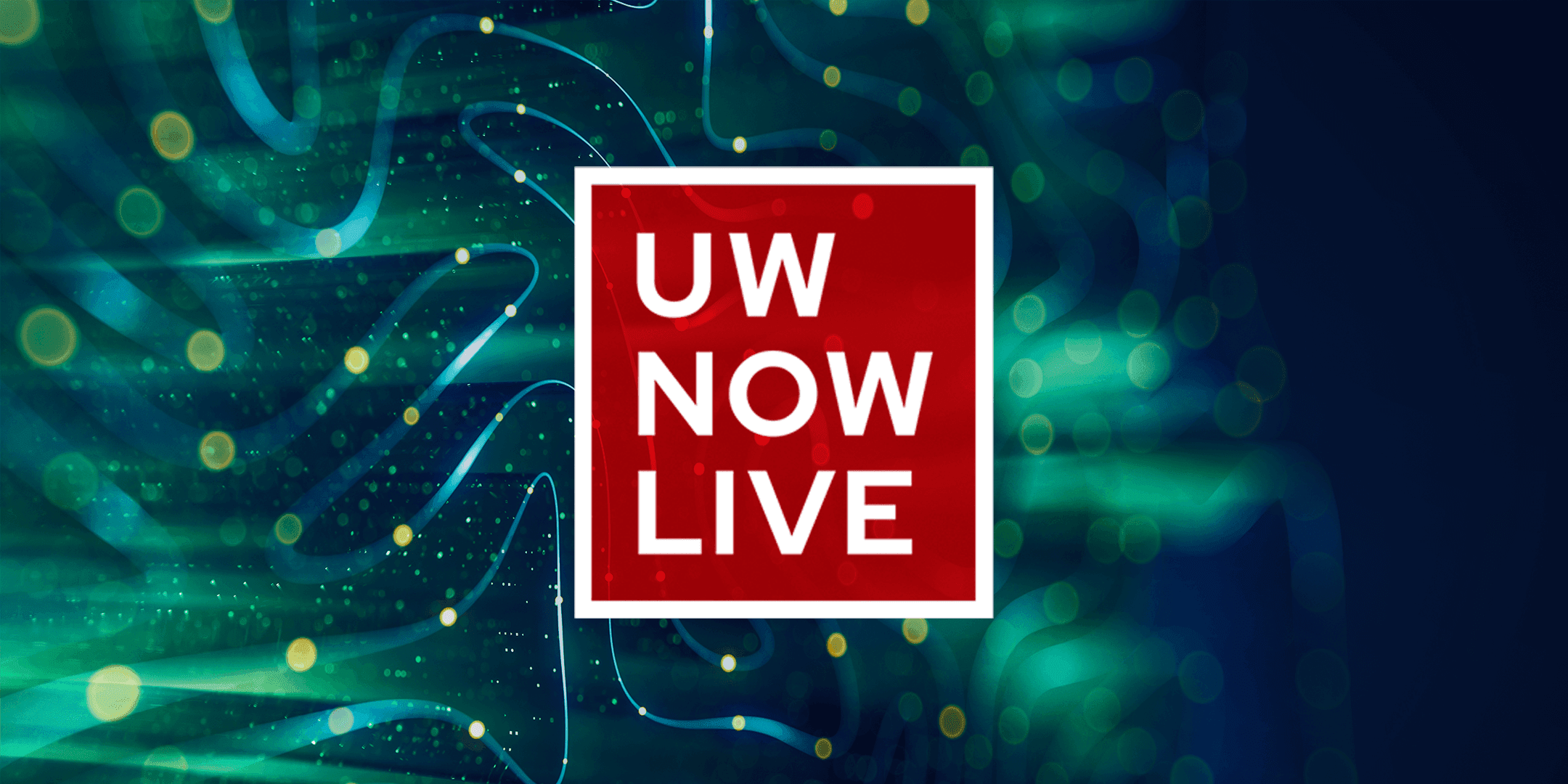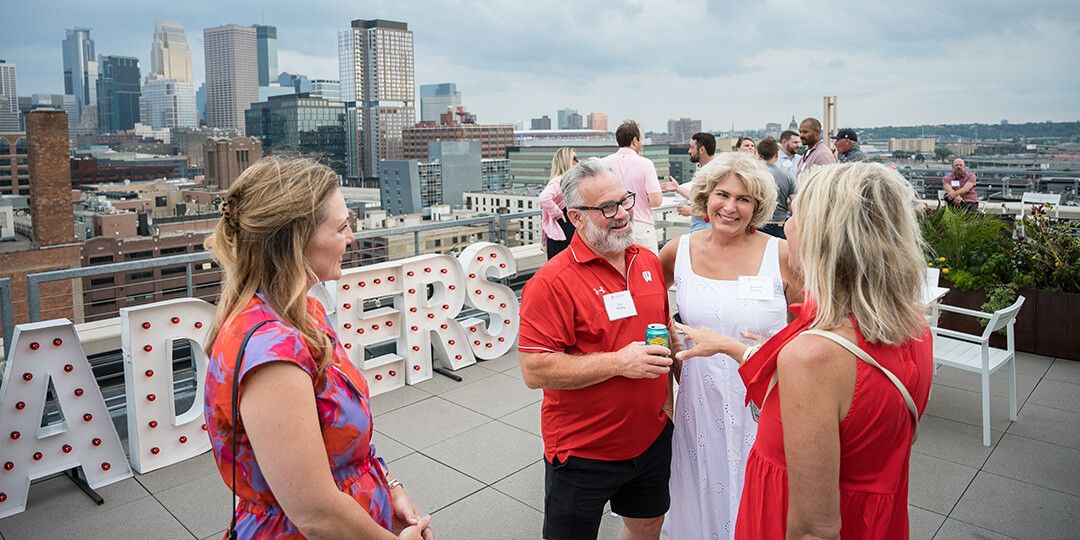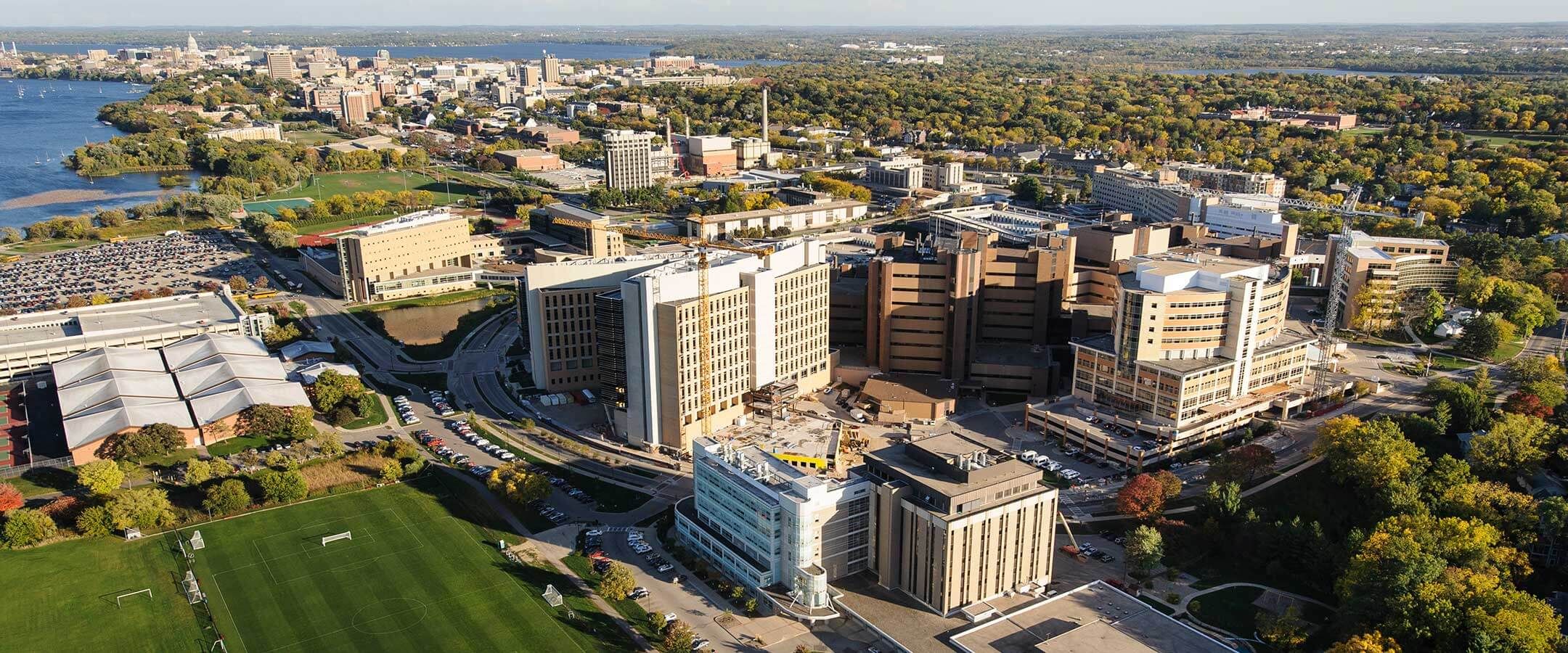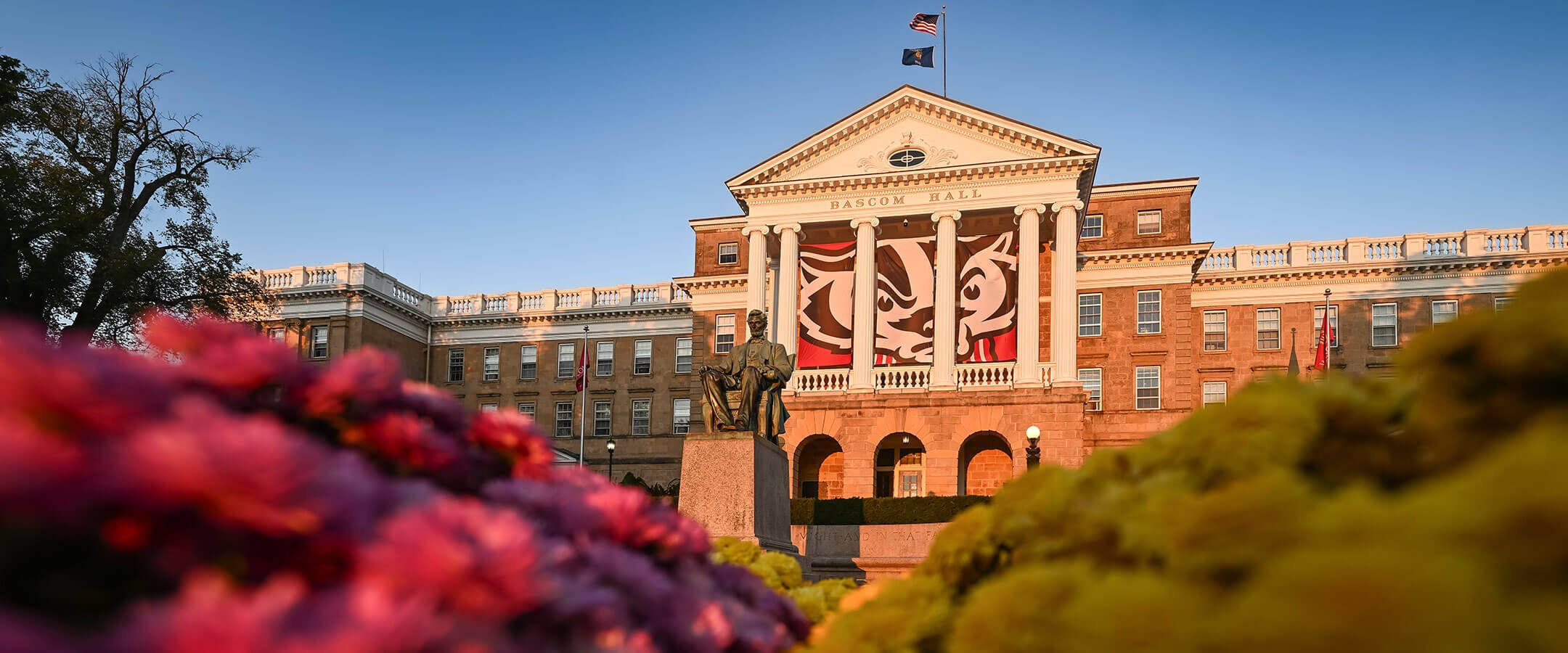AI is putting the world of computer science though rapid change, and Remzi Arpaci-Dusseau leading the response to that change, at least on the UW campus. Arpaci-Dusseau has been on the UW’s computer sciences faculty since 2000, and he’s now the director of the School of Computer, Data & Information Science (CDIS). He also serves the university’s provost as a special adviser on computing.
Computer science is a family affair for him — his wife, Andrea, is also a professor. “We’ve mentored 32 PhD students thus far and work in the general area of ‘computer systems,’” he says. “We also have written a textbook on operating systems; it is freely available online, but also manages to be the top-selling book in operating systems on Amazon (in print form) and is used at hundreds of universities around the world.”
CDIS has hosted the UW’s fastest growing majors (computer science and data science) since the school formed in 2019, and interest in the field is only getting stronger. When interest in artificial intelligence (AI) took off after the release of ChatGPT in 2022, Arpaci-Dusseau knew that his field was heading into a period of intense change. On the September 16, Arpaci-Dusseau will join Mike Knetter and Mike Splinter on the UW Now Live to discuss AI and where it’s headed.
How would you like us to describe your background?
I have been a professor of Computer Sciences (CS) here at UW-Madison since January 2000 and loved every minute of it. My wife Andrea and I are both professors in CS and work together on our research; we’ve.
As of late, I’ve taken on a few leadership roles on campus. One is as a special advisor to the provost on computing; the other is as the director of the School of Computer, Data & Information Sciences (CDIS). Since its birth in 2019, CDIS has grown like crazy, and already has about as many students as the College of Engineering and the School of Business here at Wisconsin. CDIS is home to the two biggest majors on campus (Computer Science and Data Science), a fast growing new major (Information Science); CDIS also consists of over 100 faculty with a huge range of research interests, from how to build next-generation quantum computers, to understanding the statistical foundations underpinning biological processes, to analyzing media literacy in young people, and everything in between. I’m excited to take on these roles and help lead CDIS as it evolves.
What is your chief area of research?
Our research group studies how to build computer systems at scale — the techniques and methods that serve as the foundation of the modern data center. Most of our focus is on data storage systems, often focusing on performance (making systems run faster and be more energy efficient) and reliability (making sure systems work despite underlying hardware and software failures). For example, we invented a technique called “key-value separation” and applied it to modern data storage systems such as RocksDB, LevelDB, and other similar storage engines; in some cases, this approach increased system performance by a factor of 100. Many of our inventions are used in open-source and commercial systems.
What do you plan to talk about on the livestream?
I plan to talk about “What’s Next for CDIS? Leaning into the AI Moment.” We’ve seen incredible growth in our field but also some of the most rapid changes any field can experience, especially due to progress in AI. The ChatGPT launch happened just over 1,000 days ago, and the new capabilities of generative AI are advancing rapidly. AI is changing how we access information, how we analyze and utilize data, and even how we program computer systems.As such, we are working hard to meet this AI moment and ensure that UW–Madison can continue to be a leader in this important space, educating students not just within our majors but from across campus, and also doing pioneering research to advance technology for the benefit of humanity.
What is the one, main point you would like viewers to take away?
Hopefully, that we are living in an exciting time. For most of human existence, change was not common; right now, we are experiencing rapid change that has the potential to significantly reshape society. Of course, change can be worrisome, too, but we believe the best way to cope with change is to embrace it, to be part of the force that is changing the world, and thus to do the work necessary to shape a better future for our state, our country, and the world beyond.
Where (online) can people go to get good information about your topic?






